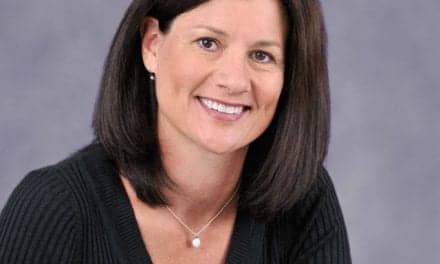When the average clinician is asked whether he or she is culturally sensitive, the likely response is a “Yes.” After all, it’s “culturally unacceptable” to consider oneself not competent in the area of cultural sensitivity. When that same clinician is asked how he or she earned their degree, the probable response would likely be “On my own,” or “I am a hard worker.” It may be considered weak to acknowledge how privileged some of us are.
All people have a culture—clinicians work with people. Even if that person looks and sounds just like you or a family member, they have a unique culture, which means they have a unique lens through which to view the world. Our cultural lens is made up of our values and beliefs. We are each from somewhere, from a family or community that holds values and beliefs about how to live in the world.
In today’s clinical world there are firm productivity goals, how can one worry about culture? Are we not competent if we treat everyone equally? That sounds like a good idea if you have the ability to put your lens away.
You can analyze your lens by being aware of thoughts like: “I can’t believe that mother treats her son this way,” or “I can’t work with a client that is so irritating,” or—one of my favorites—“they look like they have money to buy a cell phone, but not medical care?” The moment those thoughts come in, your lens is active and you are no longer therapeutic. Your lens becomes more important than being with the consumer.
We adopt these beliefs as our own and view the world through them. For example, one family may value education while another struggled financially and was not aware of educational opportunities.
It’s important to understand that the person in the white lab coat holds more power than the patient or the client. The U.S. healthcare system is a medical model where the professional is the expert and the patient is the passive recipient of services or treatment. Like it or not, the clinician has more power than the patient.
It may engender a feeling of vulnerability to acknowledge how privileged we may be: maybe we came from a family that instilled the belief that we can learn, have the resource to go to college, earn a living and live in a safe neighborhood.
If that is part of your story, you have great privilege.
If we are aware of our personal cultural lens, our power, and our privilege, we are more apt to develop the ability to leave our lens at home.
We all have a unique lens through which to judge the world. We have strong beliefs about essential elements of life. These are important to live, but they are not necessarily therapeutic.
Clinicians need to meet consumers where they are, not where you think they “should” be.



